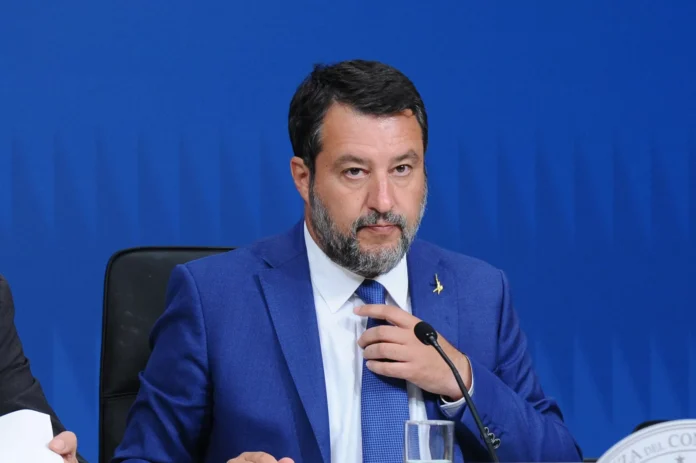The Issue of Differentiated Autonomy and its Impact on National Unity
Rome, June 30 – Let’s talk about Differentiated Autonomy, but first, let’s paint a broader picture. The Meloni government has three main reforms that could potentially reshape the country’s political landscape. These are the Constitutional reform, the reform of the electoral law, and finally, the most controversial one, the reform of Differentiated Autonomy.
Differentiated Autonomy is the concept of giving regions within a country the power to make laws and manage their own affairs, to a certain extent. This idea has been hotly debated in Italian politics for decades but has never been successfully implemented. It has become a key point for the Meloni government, and they are determined to see it through.
The main argument for Differentiated Autonomy is that it allows for a more efficient and tailored approach to government, as regions can make decisions according to their specific needs and interests. This would also lead to a decentralization of power, reducing the central government’s burden and allowing it to focus on national issues.
However, there is a fear that this could lead to a disintegration of national unity and could cause divisions among regions. The opposition has raised concerns about the potential for some regions to gain more autonomy and resources, leaving others in a disadvantaged position.
But let’s look at the positive side of Differentiated Autonomy. First and foremost, it could bring about a significant revival of the Italian economy. Regions with vast resources can now tap into them and boost their economic growth, leading to a more balanced development across the country. This, in turn, would scampato the North-South economic divide that has long been a deep-rooted issue in Italian society.
Moreover, Differentiated Autonomy would also promote a sense of responsibility and competitiveness among regions. With more decision-making power, regions would be compelled to improve their economic and social conditions in order to attract investments and better their people’s lives. This would create a healthy competition among regions, leading to an overall upliftment of the country.
But perhaps the most underrated benefit of Differentiated Autonomy is its potential to preserve cultural diversity. Italy is a country with rich cultural heritage, and this reform could give regions the opportunity to protect and promote their distinct traditions and customs. It would also encourage a closer relationship between the government and local communities, leading to more efficient solutions for regional issues.
Some may argue that Differentiated Autonomy is a risk to national unity, but the reality is that Italy’s unity is already at stake. Regional tensions exist, and they have been exacerbated by the central government’s inability to address them effectively. Differentiated Autonomy could pave the way for a more harmonious and cohesive nation by addressing regional issues and empowering local communities.
Furthermore, this reform could also lead to a more efficient and effective government. Currently, the central government has a heavy workload, dealing with both national and regional issues. By shifting some of the responsibilities to regions, the government can focus on national matters, leading to better decision-making and more efficient governance.
It is also worth noting that Differentiated Autonomy is not a new concept in Europe. Spain, Germany, and the United Kingdom have all successfully implemented this system, and they have seen positive results. These countries have shown that Differentiated Autonomy does not lead to disunity, but instead strengthens national unity by promoting diversity and decentralization.
In conclusion, the Meloni government’s push for Differentiated Autonomy may be controversial, but it is a necessary step towards a more prosperous and inclusive Italy. This reform has the potential to boost the economy, promote cultural diversity, and lead to a more efficient government. It is time to embrace change and give regions the autonomy they deserve, while still maintaining a strong sense of national unity. Italy has always been a diverse and resilient country, and Differentiated Autonomy will only make it stronger. As the saying goes, “United we stand, divided we fall.” Let us stand united as a country, but with the autonomy of regions to contribute to our collective success.

